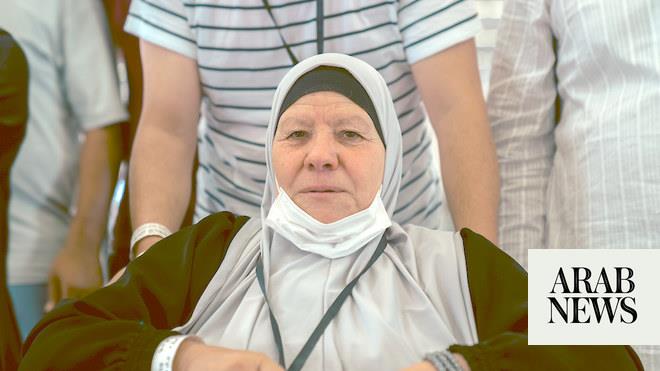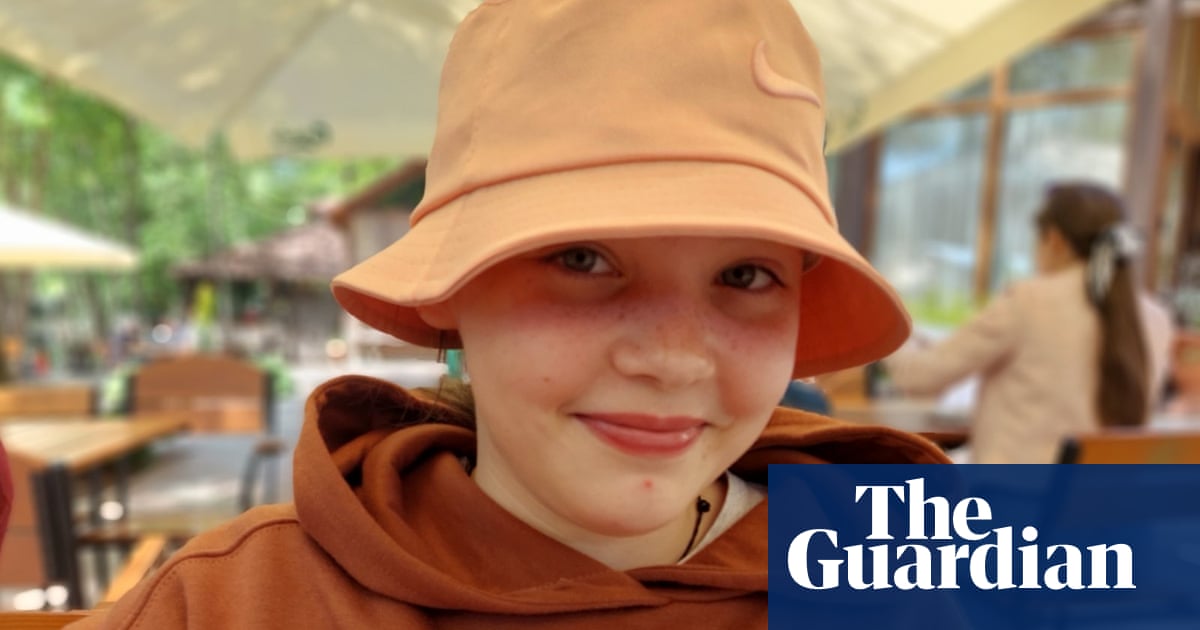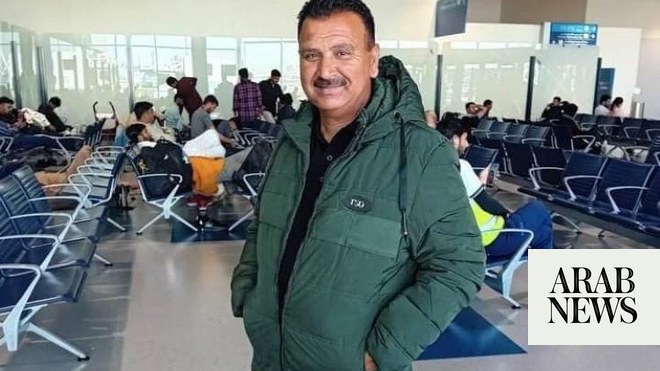
MINA, Saudi Arabia: On the first day of Tashreeq, when pilgrims flock to Jamarat in Mina to throw stones at the devil, Arab News in French met at Jamarat Al-Aqaba Oum Walid, a 69-year-old Egyptian lady who was performing Hajj for her late husband.
She was seated in the shade, reading the Qur’an.
Oum Walid told Arab News: “This year, I am performing the pilgrimage for my husband. He died in 1994.
“I found myself alone in raising my four children. The first three knew their father, but my youngest did not have the chance to. I thank God for his goodness and mercy. My kids have grown up, they’ve graduated, they’re married, and they have kids,” she said.
This is not Oum Walid’s first pilgrimage; she performed one for herself back in 1997.
“After many years and with the help and support of my children, I came this year for my late husband, the father of my children,” she said.
Hajj is the fifth pillar of Islam, and performing it is an obligation for those physically and financially able to make the journey to Makkah. In cases in which a person is experiencing severe financial hardship or a serious illness that does not allow him or her to travel, it is possible to delegate a family member or a friend to perform Hajj or Umrah. Some write it in their will, so that after they have passed away, a loved one may perform the pilgrimage on their behalf. In order to perform Hajj on behalf of someone, the delegated person must have performed Hajj and Umrah before.
Oum Walid hailed this year’s Hajj organization, saying: “We have been well received. The military, the scouts, and the volunteers who came to our aid all showed patience and generosity. They carried out their mission with seriousness.”
Arab News left Oum Walid on her chair, happy to have accomplished what she had always wanted — to come to Makkah and perform Hajj for her late beloved husband.












